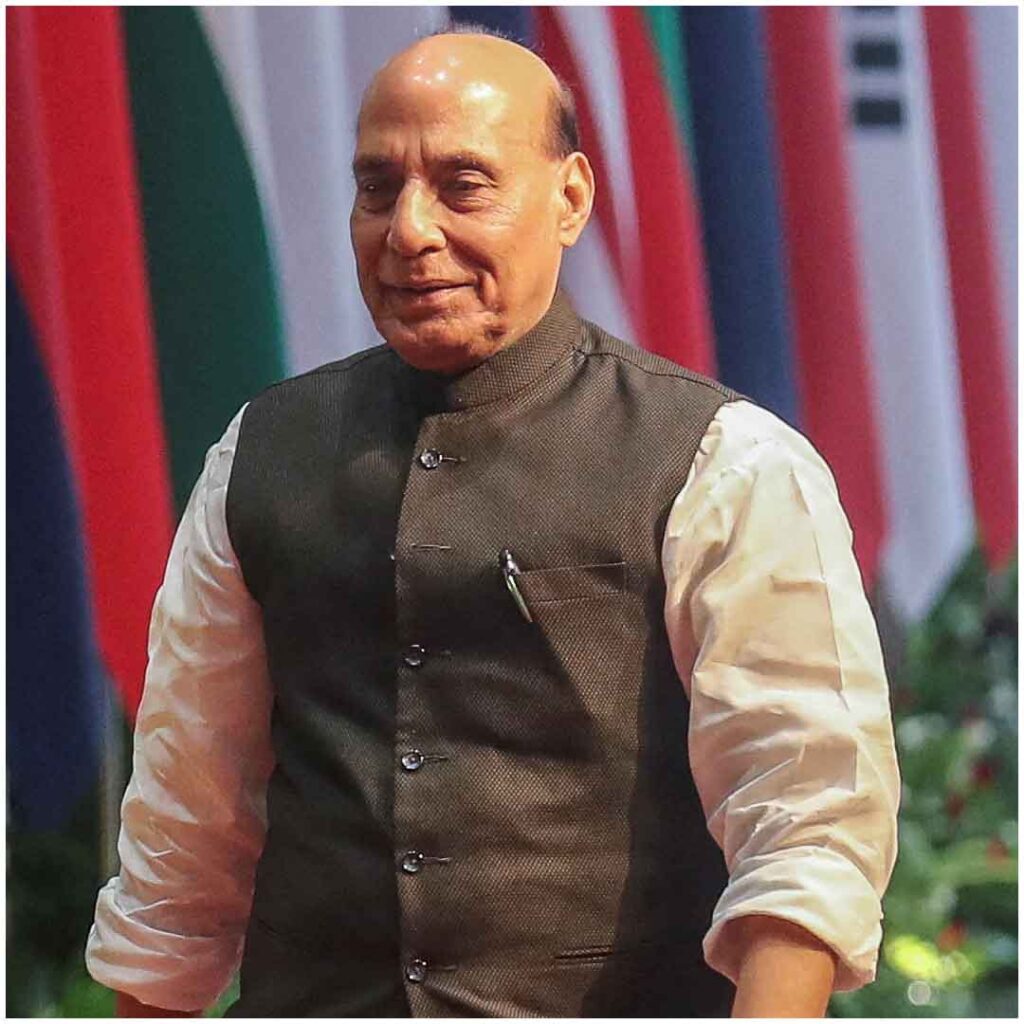In a bold declaration that has attracted considerable attention both domestically and internationally, India’s Defence Minister, Rajnath Singh, has unequivocally stated that India is prepared to cross into Pakistani territory to pursue terrorists and neutralize them. This statement marks a significant shift in India’s counter-terrorism posture and reflects the country’s resolve to combat terrorism proactively.
Contextual Background
The threat of cross-border terrorism has been a persistent security challenge for India, with several attacks over the years being traced back to groups based in Pakistan. The Indian government’s frustration with what it perceives as Pakistan’s inability or unwillingness to curb these terror outfits has been growing. Singh’s statement comes against this backdrop and signals a stern warning to entities harboring terror intentions towards India.
India’s Stance on Cross-Border Terrorism
Defence Minister Rajnath Singh’s remarks underscore a more aggressive stance on India’s part towards eliminating the threat of terrorism, even if it means crossing international boundaries. This approach indicates a significant departure from a purely defensive strategy to one that encompasses preemptive actions against terror networks. The minister’s comments highlight the importance India places on national security and its willingness to take decisive action to protect its citizens and sovereignty.

Potential Implications of the Statement
Diplomatic Relations
The declaration could have far-reaching implications for India-Pakistan relations, which have been fraught with tension due to longstanding disputes and issues related to terrorism. Singh’s statement may further strain ties between the two nuclear-armed neighbors, impacting diplomatic relations and regional stability.
International Response
The international community’s response to India’s assertive posture will be crucial. While some nations may support India’s right to defend itself against terrorism, others could view the move as escalating tensions in an already volatile region. The global reaction will depend on how India’s potential actions align with international law and the principles of sovereignty and non-interference.
Security and Military Dynamics
On the security front, India’s readiness to undertake cross-border operations signals a shift towards more robust military and intelligence capabilities aimed at pre-empting terror threats. This may involve enhancing surveillance, intelligence-sharing with friendly nations, and investing in technologies that enable precise strikes against terrorist infrastructures without causing collateral damage.






















